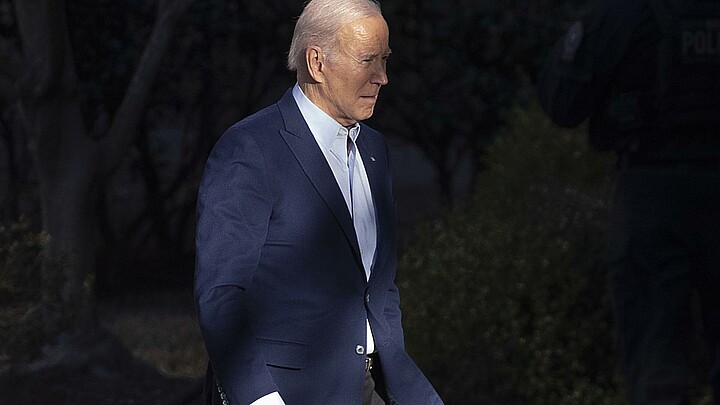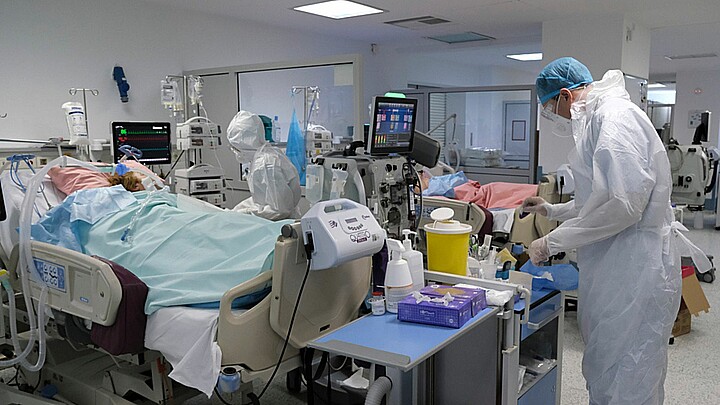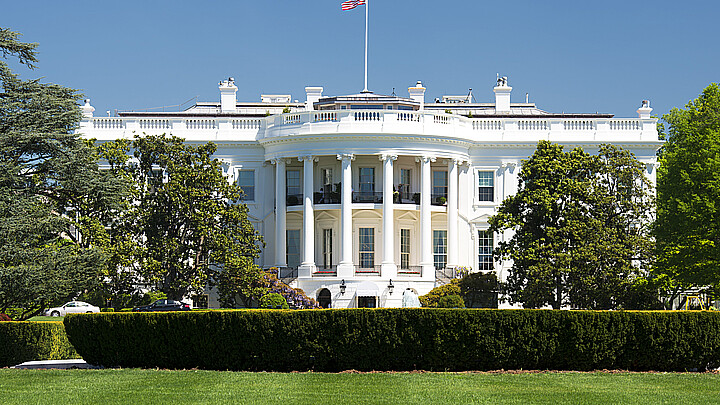Health
COVID-19 restrictions stunted kids' immune systems, could explain surge of other illnesses: scientists
One of Dr. Anthony Fauci's scientists blames lockdowns, masking, distancing, "widespread use of disinfectants" for weakened immunity, possible role in surge of RSV and pediatric hepatitis
June 2, 2022 11:27pm
Updated: June 5, 2022 12:28pm
For two years and counting, the scientific and medical establishments have urged Americans at all risk levels to limit their exposure to the microbial world to effectively reduce the spread of COVID-19, rather than focus on protecting the vulnerable.
The unexpected surge of other pathogens starting last summer, however, has challenged the wisdom of frequent sanitizing, social distancing, remote work and education, and routine mask-wearing, especially applied to children.
Infectious disease experts who waged a lonely crusade against the evasion consensus are now finding more mainstream attention for their arguments. Another is even calling for the CDC to be stripped of power for failure to properly study the effectiveness of various COVID mitigations.
Societies that tried to avoid COVID have "far less recently acquired immunity" and now face "wonkiness" in immune responses to routinely circulating pathogens, epidemics journalist and onetime CDC embed Helen Braswell wrote in health publisher STAT last week.
The evasion strategy may help explain the untimely surges of respiratory syncytial virus (RSV) in kids last summer and this spring's flu hospitalizations, as well as monkeypox's spread far beyond Africa, she said. An otherwise mild adenovirus may have played a role in an unprecedented spate of "severe hepatitis in healthy young children."
Dutch scientists told STAT that children are at particular risk because so many have barely had microbial exposure beyond their households.
Marion Koopman's team at Erasmus Medical Center's Department of Viroscience found a dearth of antibodies to common respiratory viruses in young children's blood, while clinical virologist Hubert Nesters suspects pregnant mothers who sheltered more than usual passed on fewer antibodies to children born during the pandemic.
Lockdowns, masking, distancing and "widespread use of disinfectants" worsened a long-term trend of decreasing "microbial diversity" partly caused by already "ubiquitous" sanitizing protocols and likely contributed to the pediatric RSV and hepatitis surges, according to National Institute of Allergy and Infectious Diseases scientist Margery Smelkinson, a recurring thorn in the side of Anthony Fauci, and zoonotic disease researcher Leslie Bienen.
"Children are excluded from school because they have runny noses, when it is precisely children's exposure to other kids with runny noses that creates a robust immune system when they reach adulthood," they wrote in Future Tense, a partnership of Slate, New America and Arizona State University.
"Ironically, staying inside where we are exposed to fewer microbes and fewer people ... likely contributes to the poor immunity" against COVID, even apart from related weight gain and higher alcohol consumption, said the duo, which has previously collaborated.
NIAID didn't answer a request to respond to its scientist's criticism of the general approach promoted by the agency's leader. (Smelkinson previously told Just the News she doesn't include her affiliation in her writing because most publications won't include a government-required disclaimer.)
The CDC should lose its regulatory powers for failure to conduct cluster randomized controlled trials on COVID mitigation measures such as masking kids, "3 vs 6 ft distancing" if at all, and the effect of open windows and plexiglass on transmission, University of California San Francisco epidemiologist Vinay Prasad wrote in his newsletter Thursday.
"A federal agency that makes policy that refuses to conduct studies is not one that follows science," he said. "It follows politics."
The CDC didn't answer a request for its response to Prasad's criticism.
Bienen, who teaches in the public health school jointly run by Oregon Health and Science University and Portland State, told Just the News she's "not super hopeful" that policies will shift away from "COVID as the only metric" and consider what frontline workers are seeing.
She noted U.K. researcher Alasdair Munro just observed "a children's emergency department shift full of cases of bronchiolitis, RSV wheeze and gastroenteritis. IN THE SUMMER." Bienen suspects the second consecutive summer of RSV is likely due to children leaving another school year of strict COVID mitigation.
Her own Portland is seeing "a bit of slippage" away from strict personal COVID mitigation and toward more socializing even with COVID cases surprisingly high in the region, which has low natural infection and high vaccination rates, though hospitalizations are less so. Bienen said she's pleased that school mask mandates haven't come back.
University of Guelph viral immunologist Byram Bridle, who warned about lockdown's risk to children's immune systems a year ago, challenged the renewed masking of children, by mandate and parental choice, in his newsletter this week.
"Isolating a young child from non-dangerous microbes in their environment compromises the 'immunoregulatory' components of their immune system" and puts them at heightened risk from "allergies, asthma, and autoimmune diseases," he wrote.
The whole complement of COVID mitigations is producing "a micro-generation of children who will have been isolated like no other human beings in history," Bridle said.
In a recent newsletter on "Germophobes to the Left and Right," Indiana University immunologist Steve Templeton said microbial fears seem to increase as "major improvements in sanitation and antimicrobial therapies" become available.
Last summer's pediatric RSV surge is "a perfect example of how viral infections weren't eliminated by social distancing, merely delayed," he told Just the News.
While it's good to see most people "go back to the pre-pandemic normal way of thinking about their risks of infection," a subset will "continue to amplify the risks of transmission, mild infection, or even any microbial exposure," Templeton said. Exposure to "reassuring information" like Smelkinson and Bienen's essay can help these people "out of this cycle of destructive thinking."









